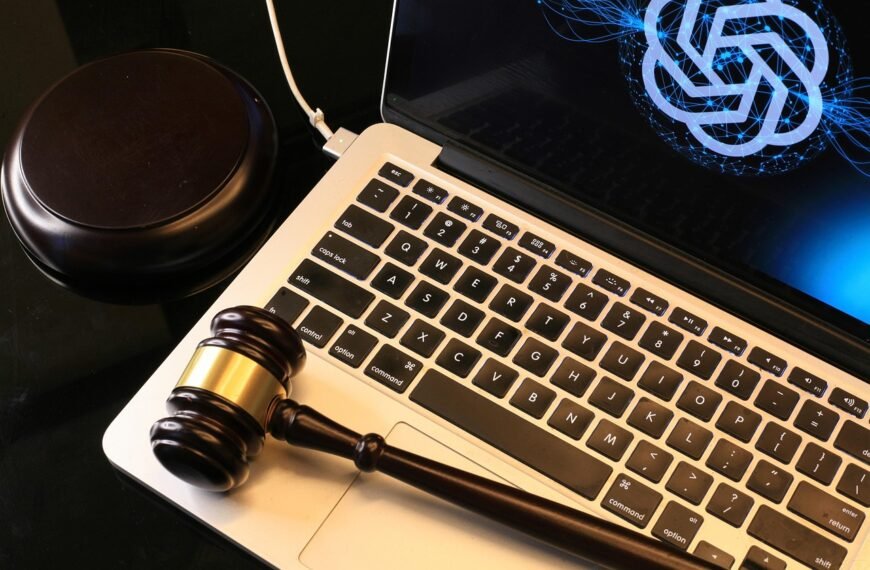Across the U.S. and worldwide, more websites and platforms are requiring users to verify their age. People are being asked to provide ID cards, face scans, or digital verification before accessing content. Supporters argue that these checks are necessary to keep children safe from harmful or adult material.
But critics warn this trend may create a less secure, less private, and less free internet. Concerns include restrictions on free speech, limited access to information, and the loss of online anonymity.
Growing Laws and Regulations
More than 20 U.S. states have passes laws that mandate age verification in some form. While no federal law currently exists, the Supreme Court has allowed Mississippi’s social media age check law and supported a Texas law restricting minors from accessing adult content.
Outside the U.S. countries like the U.K. and France are introducing government – backed age verification systems. Australia has gone even further by banning children under 16 from using social media altogether.
Privacy and Free Speech Concerns
Digital rights experts warn that these rules could harm privacy and freedom of speech. Since the only way to block minors is to verify all users, adults too are forced to share sensitive information. This raises serious concerns about how companies handle ID uploads, face scans, or personal data.
Smaller platforms may find these rules especially difficult to follow. Recently, Bluesky announced it would stop in operating in Mississippi, saying the state’s law required every user to pass an age check, creating barriers to free speech and limiting access.
Tech Companies Respond
Big tech firms have mixed views. Meta has suggested that app stores like Apple and Google should handle age checks, but both companies disagreed, calling the idea impractical.
Meanwhile, several platforms are experimenting with artificial intelligence to estimate user ages. You Tube and Instagram are testing AI tools to detect minors, while Roblox requires photo ID and face scans for certain features. However, these systems are not always accurate, raising concerns about bias and privacy risks.
Security Risks of Data Storage
ID verification and face scans raise another serious issue: data security. If companies fail to delete sensitive files, hackers could gain access to personal documents and private communications. A recent breach of an app that required ID verification highlighted how such data could be exposed, putting users at greater risk.
Balancing Safety and Freedom
While protecting children online is important, mandatory age checks may reshape the internet in ways that reduce freedom and privacy for everyone. The debate continues as governments push for safety, while experts and users worry about the long-term effects on digital rights.






















